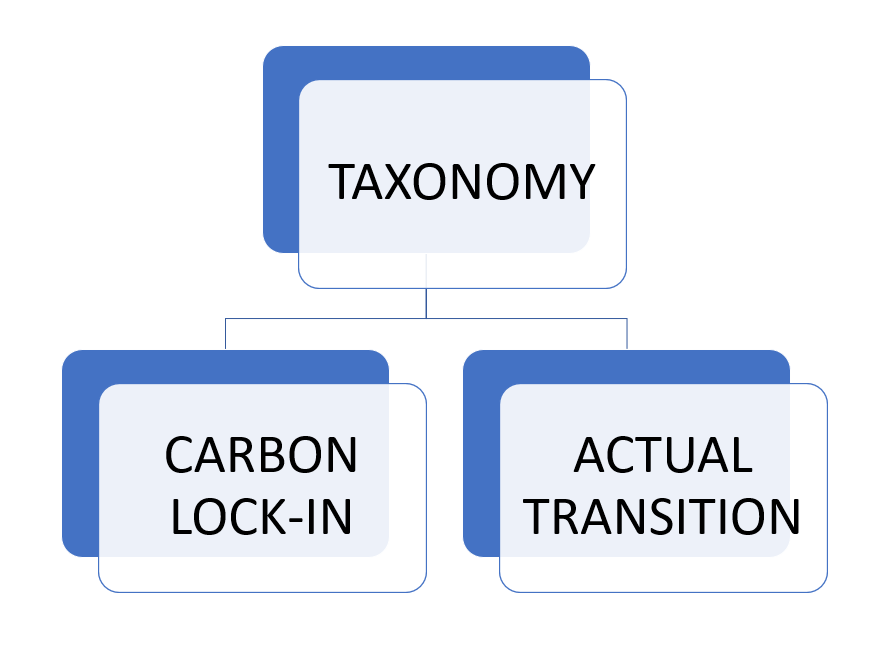The 2025 AGM season is now behind us. What happened, what did we accomplish, and what did we learn?
During this cycle, we filed or co-filed six shareholder proposals, withdrawing two for agreement, and taking four to a vote. We also put shareholders on notice at CNRL and Suncor regarding gaps in the audits of their financials done by PwC and KMPG regarding liabilities and the energy transition. Here are the results at a high level.
| Topic | Status | All Votes For | Independent Votes For | |
| BMO | Climate lobbying | Voted | 20.83% | – |
| Brookfield | Transition definition | Voted | – | 7.94% |
| CNRL/PwC | Auditor gaps | On notice | – | – |
| Fairfax | Emissions disclosure | Voted | 18.06% | majority? |
| Great-West Lifeco | Transition plan disclosure | Voted | 4.95% | ~20% |
| National | Clean/fossil financing | Withdrew | – | – |
| Suncor/KPMG | Auditor gaps | On notice | – | – |
| TD | Governance | Withdrew | – | – |
Expressing the vote as a true gauge of shareholder support is tough at the best of times, but even more so with three of the companies above which have share structures that consolidate control with management. Only BMO was a straight vote.
Let’s explore the issues and results, company-by-company:
BMO
We co-filed a proposal with Vancity Investment Management and Friends Fiduciary asking BMO to conduct the same climate lobbying disclosure for itself that BMO GAM pushes for at its investee companies. In other words, we asked the bank to walk its talk. This request is also embedded in the Climate Engagement Canada benchmark that BMO and many other large institutional investors are signed up to.
In discussions, BMO did not give a clear reason why it would not support the proposal, perhaps raising hope that the bank may reverse itself if there’s no real barrier to it.
Brookfield
We co-filed a proposal with SHIFT asking Brookfield to plug the loopholes in its vague investment criteria for its “transition funds,” particularly in light of the company’s messaging that it considers LNG a “transition” fuel, when it is not. This places fund investors at risk that the company will make mis-aligned investments with their money, and damage the company’s reputation that it has carefully built on the issue.
In our engagements, Brookfield indicated that it would be somewhat improving these criteria, but declined to come to agreement with us.
Clearly greater clarity is needed about what can and what cannot be branded as a transition investment. Sustainable investment taxonomies can help resolve this matter, and this vote highlights the need for a strong one in Canada.
CNRL/PwC (and Suncor/KPMG)
For the first time in Canada, we put investors on notice that the outside audits of the financials of oil and gas companies – and specifically Suncor and CNRL – have large gaps related to asset retirement obligations and the energy transition. In each investor brief, we found that auditors are falling short of their duties to call out where these companies are underreporting.
Both PwC and KPMG have made statements that they are on top of climate-related auditing issues, but this is not showing up in these audits. This potentially affects the valuation of these companies. We have asked the Canadian Public Accountability Board to investigate.
Fairfax
We’ll break the news here publicly for the first time: we were told verbally by Fairfax that the proposal we filed with them seeking basic emissions disclosure received a majority of votes among independent shareholders. But the company refuses to acknowledge this in its AGM record, reporting only a single vote number, unlike its director votes.
Unfortunately, this is consistent with Fairfax lagging its peers in the insurance industry on taking climate risk seriously, with the company doing almost nothing, even though it is one of the largest underwriters of fossil fuel projects in the world. We have asked the Ontario Securities Commission to require Fairfax to disclose the voting results properly, and a majority of their shareholders clearly expect action on climate risk.
Great-West Lifeco
After filing with parent company Power Corporation last year, we followed through with a proposal at Great-West Lifeco asking for disclosure of any details regarding its transition plan for net zero.
The company lags its peers – Sun Life and Manulife – just as Power Corporation itself (which has much board of directors overlap with Great-West) is at early stages of its journey, unlike others.
Power Corporation of course controlled the vote at Great-West, but we were told verbally by both the head company and by Great-West that greater efforts will be forthcoming. We will monitor accordingly.
National
We were pleased to see National make a significant and ambitious announcement to put $20 billion into renewables by 2030. This cements the bank as a leader in the renewable banking space, doing more than its larger peers. RBC only committed to lend $15 billion to renewables by 2030. We anticipated something like this announcement in deciding to withdraw our proposal at National.
Time will tell, though, whether National also ramps up its fossil fuel financing. Early indications are troubling. National has been increasing its LNG financing and its CEO has repeated oil and gas industry talking points during public presentations. The bank will not meet its net zero target by expanding fossil fuel activity.
TD
We co–filed a proposal at TD with Vancity Investment Management and Green Century requesting a broad risk governance review. Our proposal highlighted the fact that it wasn’t just money laundering that the bank had governance issues with, but also implementation – or lack thereof – of its net zero commitment.
We withdrew the proposal in favour of some progress related to its board selection criteria, which now includes climate expertise. The bank also replaced one of its fossil fuel-conflicted directors (although retained two more).
With the bank recently making the largest jump in fossil financing among its Canadian peers, however, it appears that there is still a way to go before it takes its own commitment seriously.
Conclusions & Lessons Learned
There is no doubt that some U.S. anti-ESG sentiment, coupled with misguided Canadian political rhetoric in favour of new fossil fuel infrastructure in response to Trump’s tariffs, are negatively impacting momentum in the climate finance space in Canada. Companies seem less motivated to commit to specific steps to reduce their fossil exposure and shift resources into climate solutions.
Nevertheless, we are not seeing a wholesale rollback in Canada. Progress such as National’s renewables announcement and TD’s inclusion of climate expertise in board recruitment are heartening. At BMO, Fairfax, Great-West Lifeco, and Brookfield, tens of billions of dollars worth of shareholders voted for greater climate risk disclosure. Investor sentiment in Canada remains relatively favourable to following through on net zero.
Meanwhile, climate risk continues to grow. Canada saw record insurance claims last year, and large parts of the country are on fire as this piece is written. Putting our heads in the sand is not a sound business strategy for any company, or for our economy more broadly.



